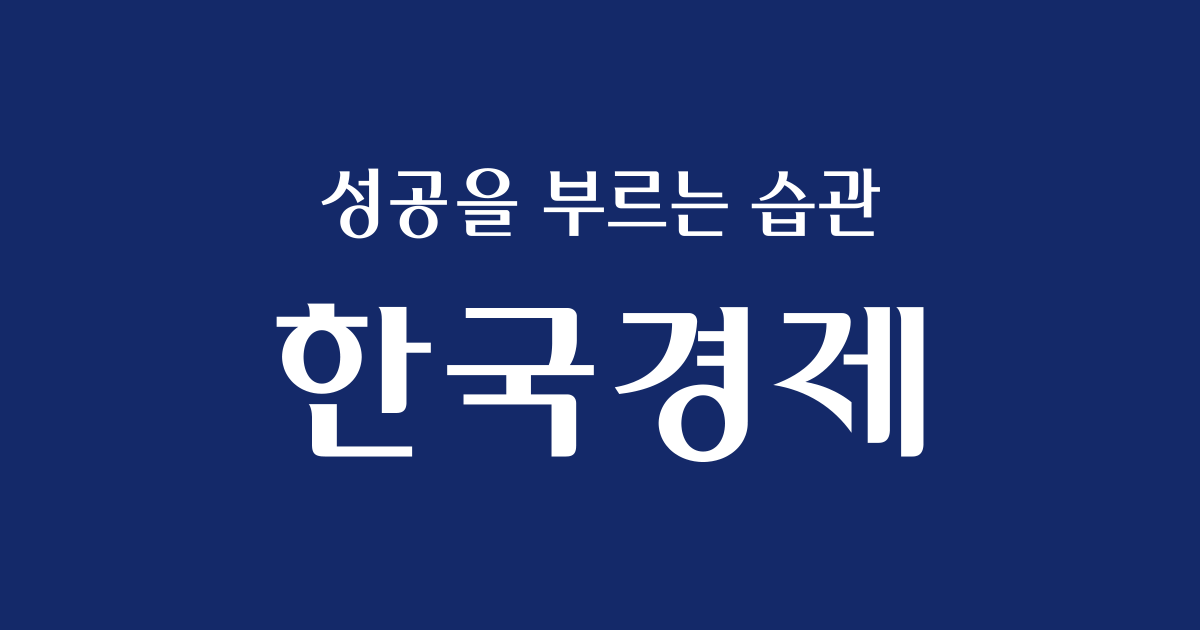
A’dream anticancer drug’ that manipulates T cells (immune cells) in the patient’s body to find and attack only cancer cells like a guided bomb has entered Korea.
On the 5th, the Ministry of Food and Drug Safety approved the use of the world’s first CAR-T (chimeric antigen receptor T-cell) treatment’Kimria’ (ingredient name Tisagen Lexucel, photo) made by Novartis. It landed in Korea four years after it was approved for use by the U.S. Food and Drug Administration (FDA) in 2017. It can be used in patients with diffuse large B-cell lymphoma (DLBCL) and B-cell acute lymphocytic leukemia (ALL) under 25 years of age who have received more than two treatments but have no remission.
Kimlia is a treatment that has a completely different mechanism of action from existing anticancer drugs. Unlike conventional anti-cancer drugs that take out substances from outside to get rid of cancer, Kimria uses T cells in her body. The idea is that T cells have enough power to get rid of cancer.
The problem lies in tricking’stupid’ T cells into thinking that’smart’ cancer cells aren’t the target of attack. While the T cells are releasing, cancer cells spread throughout the body.
Novartis used genetic engineering techniques to solve this problem. After extracting T cells from the patient’s blood, genetic information is applied to recognize specific antigens of the target cancer cells. After mass culturing the T cells inputted by the attack target, they are injected back into the patient’s body. T cells that have become’smart’ only find and attack cancer cells like a missile.
The therapeutic effect is epoch-making. In a phase 2 clinical trial conducted by Novartis with the University of Pennsylvania in adult relapsed and refractory DLBCL patients, 53% responded to the drug 3 months after Kimlia administration. In 39.1%, the cancer completely disappeared. 33% did not recur after 2 years. It was nicknamed’Dream Anticancer Drug’ because the target of treatment was a patient whose life expectancy was only 3 to 6 months due to failure of chemotherapy and hematopoietic stem cell transplantation more than once. In children with relapsed and refractory ALL, the rate of complete disappearance of cancer (complete remission rate) reached 82%.
Another advantage of Kimlia is’one shot, one kill’. Existing DLBCL treatments are administered with 5 to 6 anticancer drugs 6 to 8 times at intervals of 2 to 3 weeks, but Kimlia ends with only one injection. Thanks to the use of T cells extracted from the patient’s body, side effects are relatively less.
This is why CAR-T has become a’hot item’ in the global pharmaceutical and bio industry. Domestic and foreign pharmaceutical companies are studying ways to apply CAR-T technology to solid cancers such as pancreatic cancer and liver cancer as well as blood cancer.
The problem is cost. Because it is a personalized anticancer drug, the treatment cost (US standard) reaches 500 million won. As it is not covered by health insurance, the patient has to pay the full amount. If insurance is applied next year, the patient burden is likely to drop to the level of millions of won. There is no cell culture facility certified by Novartis in Korea, so T cells must be transferred to the United States to proliferate and then brought back to Korea.
Reporter Oh Sang-heon [email protected]
Ⓒ Hankyung.com prohibits unauthorized reproduction and redistribution
